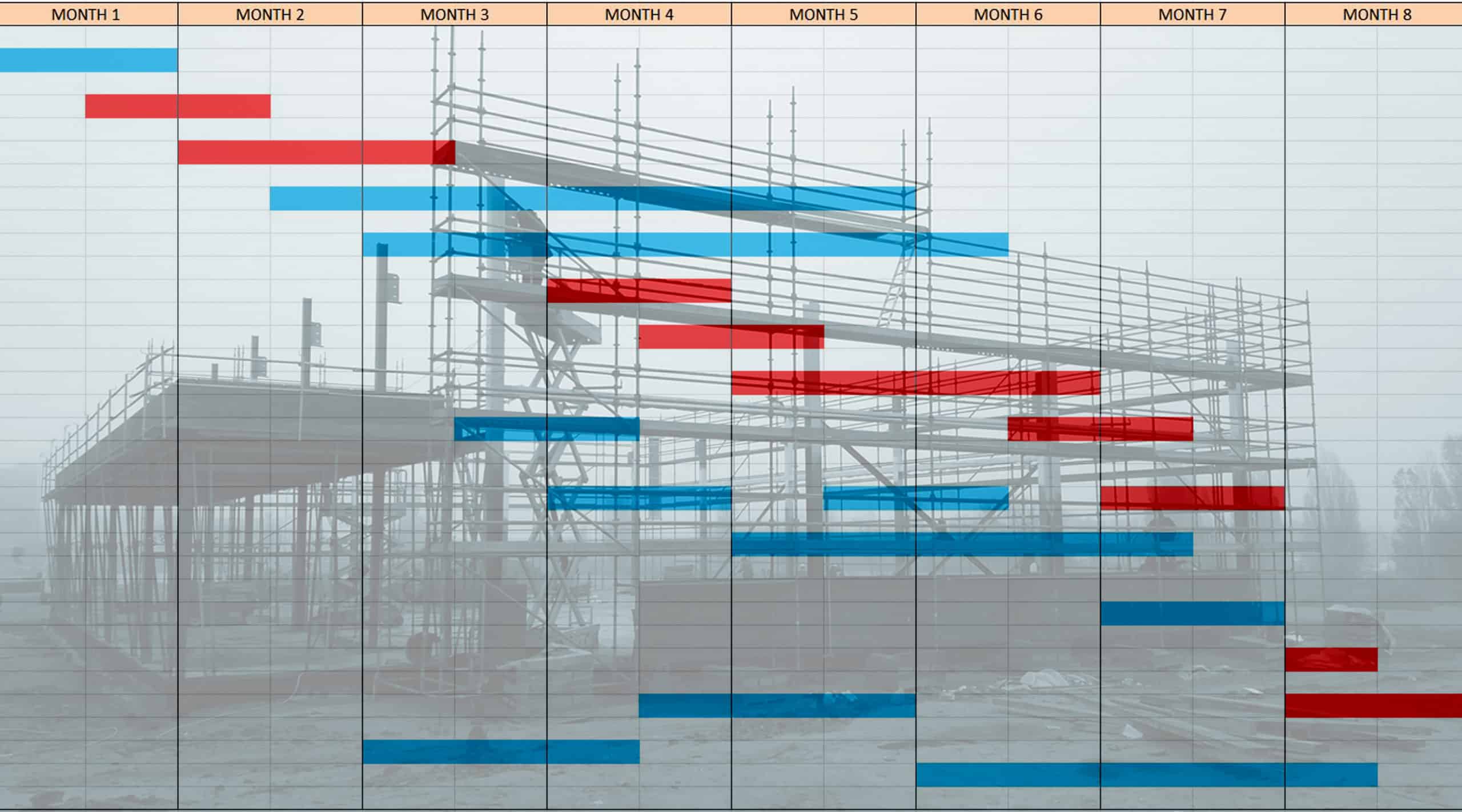The schedule baseline is a tool to represent the contractor’s plan to execute its work at the onset of the project. It is the representation of contractor’s means and methods, sequencing and logics, manpower and equipment to support its plan to complete the project. Most contracts require the contractor to prepare and submit its schedule baseline in the first few days of project award for the owner’s review and approval.
A contract compliant and technically sound schedule baseline programme is paramount to assert an Extension of Time (EOT) claim and for post contract delay analysis /assessment. When dealing with the post contract construction claims related to the delays, the focus is to identify the root cause of the delays and then to apportion the responsibilities of those delays among the involved parties.
When dealing with the schedule baselines, it is quite common to see the contractors asking if the owners have any rights to disapprove or request an alteration to the schedule baseline. The answer to this question usually lies within the contract itself. The contractor is obligated to comply with the schedule requirements (stated and implied) stipulated in the contract. For instance, if it was asked in the specifications, it is contractor’s responsibility to provide a schedule baseline that meets the Critical Path Method (CPM) schedule criteria. The owners have the right to ask for corrections/changes, if the schedule baseline is not meeting the pre-defined criteria.
However, when the contract is silent about the schedule specifications or if the owner’s request to change the schedule baseline is unreasonable and above & beyond the schedule specifications of the contract, then the contractor may need to ask for a change order prior to make any such changes.
In our experience as construction claim experts, we often find the cases where both parties skip the QA/QC step for the schedule baseline and jump right onto the project execution. The alarm rings when there is a delay in the project (or in one of its milestones) and both parties start to blame each other for the responsibility of the same. In such circumstances, we are often asked by the respective parties to create a hypothetical schedule baseline retroactively to comply with technical and contractual requirements and to support their story of the delay claim.
Making retrospective corrections to the originally prepared and approved schedule baseline is generally not addressed in the contract. The retrospective corrections usually include re-sequencing of activities, altering the logics etc. This might result in achieving the milestones dates, which may or may not be the same, which were originally anticipated at the onset of the project. It is possible that such practices may prove unfair to the parties involved and therefore, are not encouraged.
To resolve construction claims/disputes, which deal with such issues, it is essential to have an in-depth understanding of construction scheduling, forensic analysis and damage quantifications. At JT Endeavors Inc. (JTE), we have extensive experience in dealing with such situations. We believe that the most effective use of our expertise comes a long before a dispute arises on the project. We work closely with our clients to detect early warning signs by executing a detailed review of contract documents including but not limited to contract schedule (baseline and updates), change orders & directives, RFIs and other pertinent correspondence. We provide tailored solutions to our clients based on the unique situation of the project.
